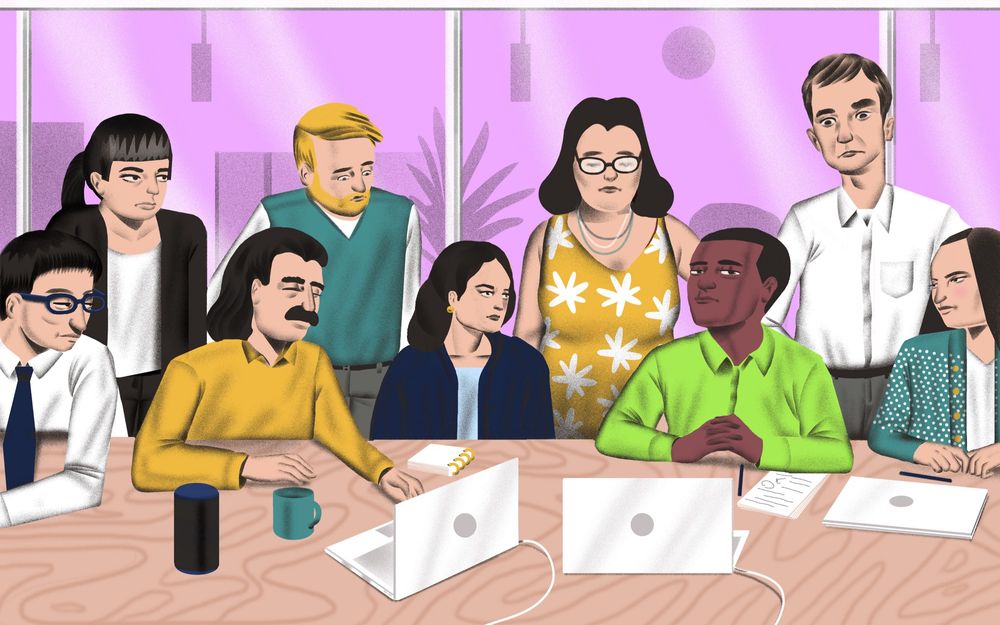There’s nothing quite like the look on a White recruiter’s face when I walk in for a job interview.
The phone screening that comes first is always fine. My name is generic enough to belong to any race, and all they get is my voice — which, real talk, delivers great conversation and a killer vocab. Then, when I walk in, they’re like, “Oh, hi.” They’re shocked. Some are better at covering it up than others, but I always see it.
The thing is, at that point, I either know I’m getting the job, or I know I’m not. And somehow I appreciate the reaction. I don’t have anything to hide. This is me, this is my name, and this is what I have to offer.
Where are you from? The ugliest kind of compliment. When I’m working in White environments, of course, everything’s going to sound different.
Since I’m not gonna show you my LinkedIn page, here’s what you need to know: I’m a Washington state native who’s lived in Seattle for about a decade. I started out in sales, but for the past five years I’ve been overseeing email marketing campaigns. I climbed the corporate ladder, seized internal opportunities, and went from there.
Before I was doing office stuff, I worked in retail, selling high-end shoes to predominantly rich White people. They’d hear the Pacific Northwest accent (or lack thereof) and that great conversation, and they’d invariably break out the classic question. Where are you from? The ugliest kind of compliment. When I’m working in White environments, of course, everything’s going to sound different.
When I first started code-switching, I almost looked at it as an embarrassment because when I’d be around my Black friends, we’d talk in our regular language and codes. I was trying to figure out how I can balance those different identities — not really realizing that could be part of my actual life and I could speak to my education and background.
If you want to advance in the corporate world, you have to understand that code-switching is a hustle. It’s a survival tactic. Walking into the building, lemme just zip my costume back up.
Being the only Black person in the room can be a very powerful thing. But it’s also like, “What’s missing here?” To be in a company that values diversity is really important. That’s something that every person of color should look forward to when entering a workforce.
When I was between jobs last summer, I went through at least 10 different interviews. The majority of the spaces, not to mention the folks I was interacting with, were White. One question I’d always ask HR folks was, “How would you define diversity and what does that mean to you?” I’d love the uncomfortable tension that arose. I’d study their body language and how many seconds of silence followed the question — like they were formulating an answer in their mind for the first time. What makes it sound like I give a damn?
The answers were always different. One was very brief: “We have a great diversity program.” I’m like, “Can you… elaborate?” That was a weird conversation. A really good one was with the company that I’m at now, where the folks I interviewed with were themselves a diverse group. They all gave me answers that fit the same end goal, which is bringing in the togetherness and making sure everybody is being heard and seen.
I’m three months into this new position, and it’s been a really nice, positive office experience so far. It’s a breath of fresh air to be around folks who actually value my voice. It’s almost too good to be true — I don’t know if that speaks to the negative traumas and situations that I’ve experienced with my previous positions. I like where it’s going. But I’m anticipating when things go wrong…
— As told to John Kennedy by an anonymous source. Names and identifying details have been changed.
